We’re excited to introduce you to the always interesting and insightful Michael Perry. We hope you’ll enjoy our conversation with Michael below.
Michael, appreciate you joining us today. Are you able to earn a full-time living from your creative work? If so, can you walk us through your journey and how you made it happen?
I quit my last “real” job in 1992 and have been making a living as a writer and performer ever since. I’m not famous, nor is my work widely known, and I haven’t sold a million, but I mostly do what I choose to do and still make a living. I was raised rural working class by farmers and loggers and was inculcated with that bullheaded work ethic from my earliest days, and that plodding stubbornness has been invaluable. But I also had many advantages and privileges: When I quit that job in 1992 I had a nursing degree in my back pocket like a parachute; I was a single guy with profoundly low overhead; I lived in a part of the country where my living expenses were minimal. I love writing with all of my being, and yet I knew nothing about the craft when I started. I literally checked out a book at the library on how to be a freelance writer. I think that naivete combined with my roughneck tendencies spared me from being precious about my art. If I had to write a used car radio commercial to pay for groceries, I dove in with the same energy as I did when composing an essay or memoir. That commercial bought me more time to work on the soulful stuff that didn’t sell at first but eventually became my ticket. As far as speeding up the process, I wouldn’t want to. My successes have been, to put it politely, “manageable.” In other words, I’m kinda happily unknown. Even more importantly, when the successes did come–bestselling books, cool gigs, groovy collaborations with amazing artists and humans famous and not-at-all famous–they came in increments, and relatively late, when I was better equipped to deal with them, make the most of them, and not fool myself into thinking the success was due to my own sweet genius, nor fool myself into thinking the work was done. I like to say I feel like a guy who got on the wrong bus, but it’s a great bus. I’m so happy to be on the ride.
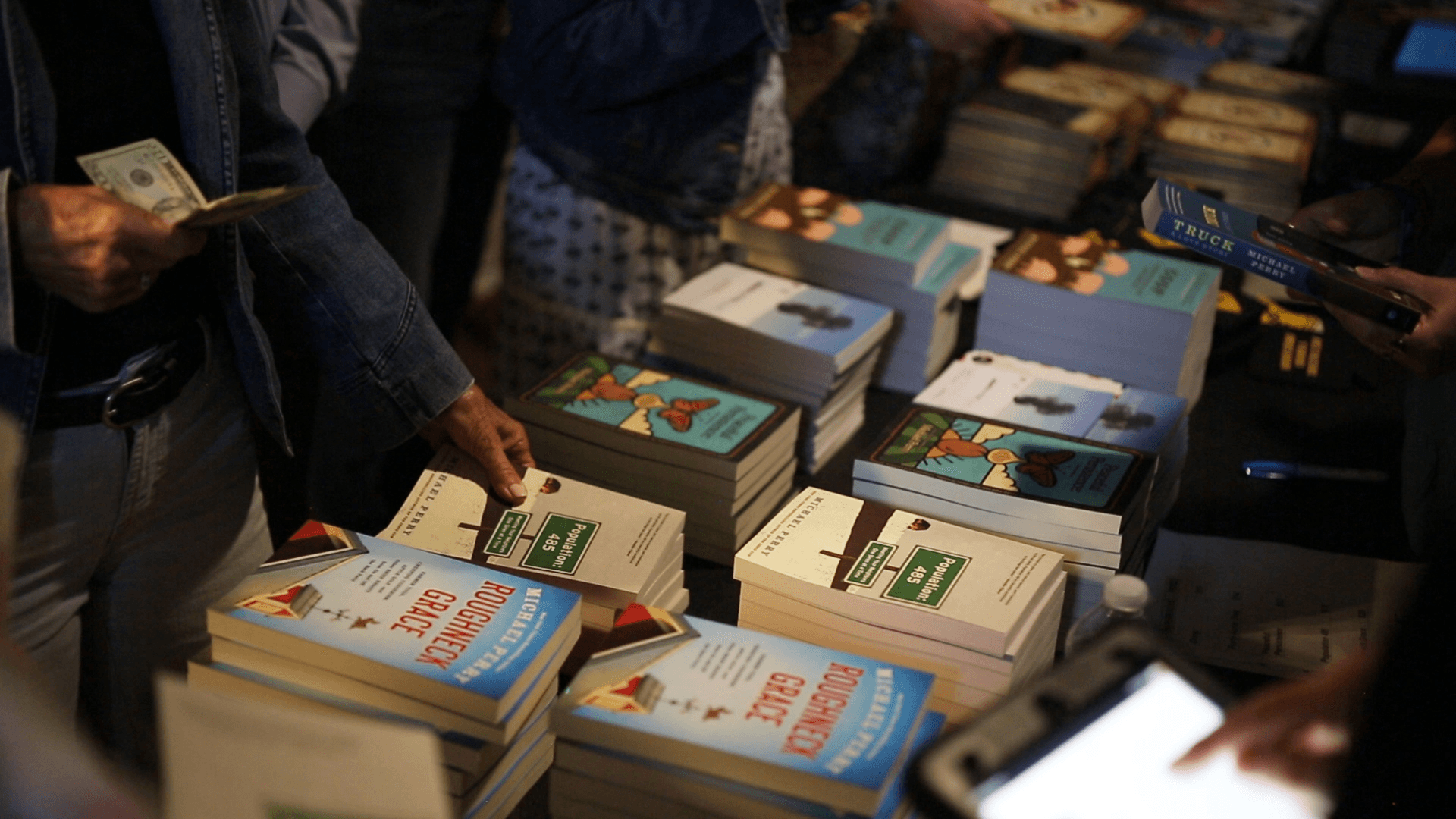
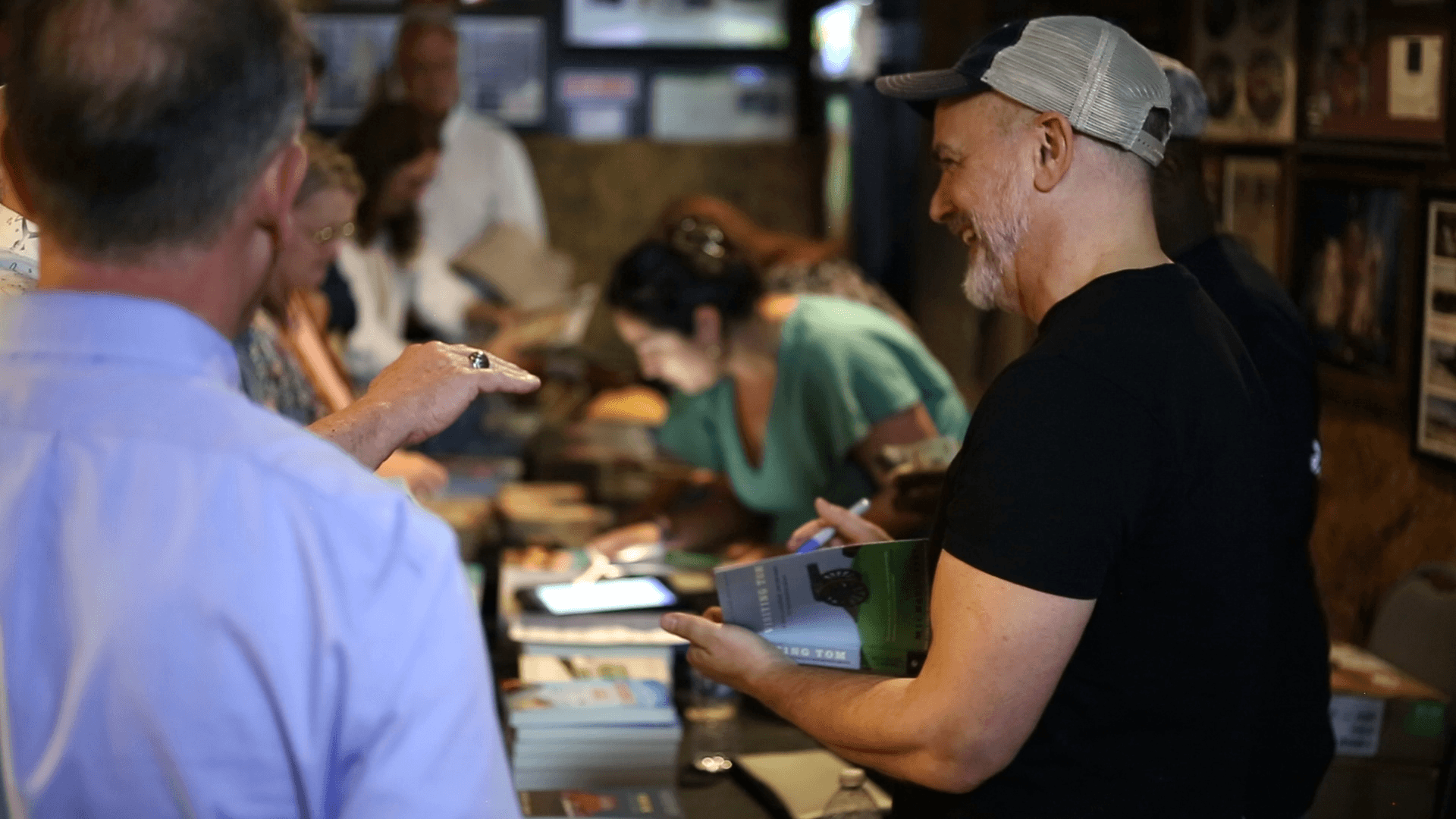
As always, we appreciate you sharing your insights and we’ve got a few more questions for you, but before we get to all of that can you take a minute to introduce yourself and give our readers some of your back background and context?
The bio-style headline is, I’m a New York Times bestselling author, humorist, playwright, corporate speaker, voiceover artist, and musician. Simple truth is, I’m a self-employed writer. Nothing I do or create–be it a memoir, a novel, a song, a podcast, a film script, a voiceover, a live humor performance, or a keynote speech–happens if I don’t first sit down all alone and write.
I always say I’m a writer with a small “w.” That is, I put my heart and soul into my work but I never lose sight of the fact that it is a craft, that it may take more than one form, and that the world isn’t breathlessly awaiting it. Whether it’s a reader in a chair, a podcast listener, someone who bought a ticket to a show, or a corporate client, I have to EARN the audience’s attention.
Finally, whatever the medium, genre, or setting, my work is a reflection of a life filled with happy tangents. I grew up baling hay, working on sawmills, and milking cows. I put myself through nursing school by working on a ranch in Wyoming. I’m an active first responder with decades of experience as an EMT and firefighter. I used to make a living writing for a trucking magazine. But my “roughneck” background has been beautifully counterbalanced by poets and dancers and visionaries and folks who inspire me to keep striving for the fleeting, ineffable, transcendent moments of existence that infuse life with gentleness, compassion, and hope.
The result of all these happy tangents and unlikely mentors? A life that kid cleaning calf pens in a barn in northern Wisconsin never imagined and is daily grateful he is allowed.
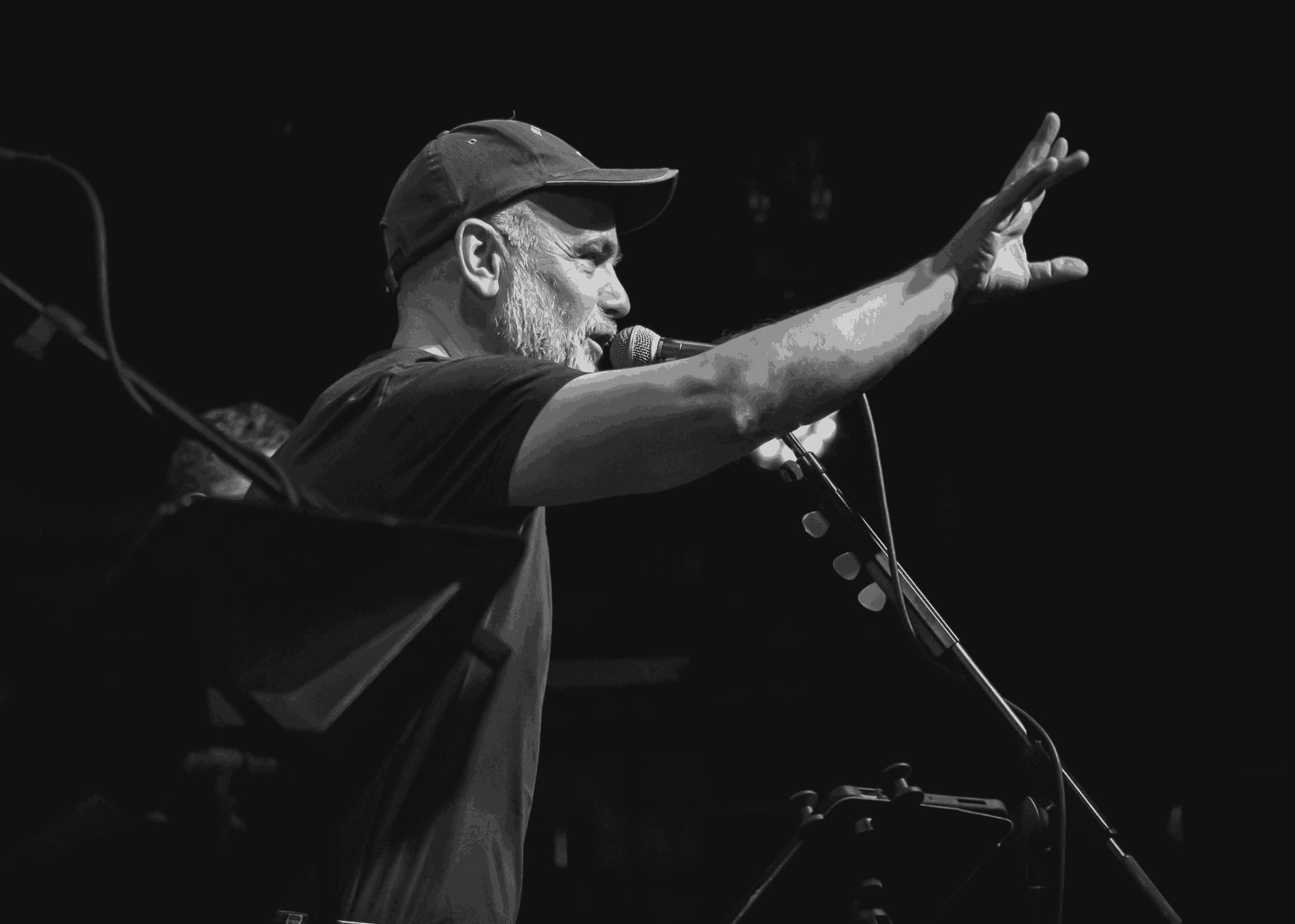

What’s a lesson you had to unlearn and what’s the backstory?
For years, whenever anyone asked me what it took to become a writer, I’d tell them they had to write. Every day. And for years, that’s just what I did. Wrote. Every day. And it worked. I wound up making a living at it.
And so for many more years, every time I was asked, or gave a writing talk, I reiterated the mantra. You must write every day.
Then one day a successful writer I respected wrote an essay calling out the whole “write every day” recitation as oversimplified baloney. Sometimes, he wrote, it ain’t happenin’, and you can’t make it happen, and you’re better off going about other business.
He was right. There is nothing noble, let alone productive, in sitting motionless for hours waiting for nothing. And now there are plenty of days when I realize my time is better spent splitting firewood. Doing my taxes. Spending time with my family. Bonus being, it is often during these times that whatever was blocking the process comes loose and you can get back to it.
The lesson here isn’t really about writing. It’s about the importance–no matter the nature of your business, art, or craft–of putting yourself in contact with colleagues and mentors who don’t mind scuffing your golden rules and tipping your sacred cows.
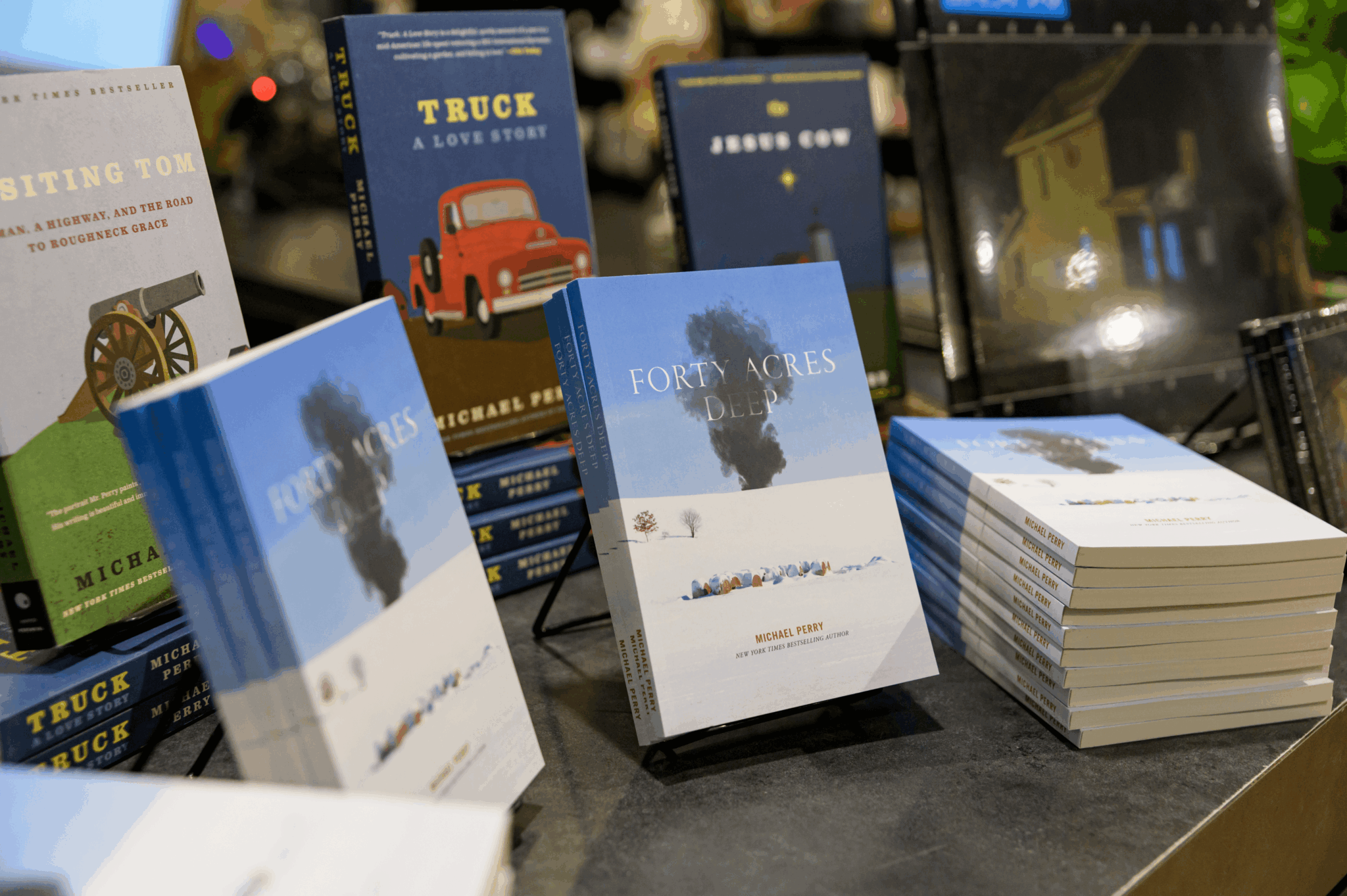

How about pivoting – can you share the story of a time you’ve had to pivot?
The bulk of my writing income used to come from magazine writing. One of my most regular gigs was with a trucking magazine. And believe it or not, those truckers helped me prepare an off-ramp before the magazine world went over a cliff.
From the specialized truckers—the ones who hauled rare, high-value loads—I learned that a niche can keep you earning through the hard times. No matter the state of the economy, rich people still have fancy cars they need moved between mansions. So I drew on my non-writing background–nurse, cowboy, musician, farm kid–to carve out “non-literary” niches —men’s health articles, country musician profiles, fire and EMS stories, regional humor essays—and also began repurposing my writing into a speaking, performing, and consulting career. As a result of all this pre-emptive pivoting I’m busier than ever, and currently writing my 25th book—even as the publishing industry dissipates. When I sensed that a newspaper column I’d been writing for a decade was about to be canceled, I negotiated the right to point people to a weekly podcast I’d started in advance. The income from that simple podcast now exceeds what I was getting paid for the column.
Sometimes the best niche is no niche at all. There is a term in trucking—“LTL”—that stands for “less than load.” Rather than carrying one big load of one big thing for one customer, LTL carriers haul small amounts of various products for various customers at various locations. As a writer and performer who’s made a decent living but never hit the big time, the LTL philosophy has been a lifesaver for me. A book chapter today, a speaking engagement tomorrow, a script for a documentary next week, whatever today’s customer needs, when and where they need it, I’ll deliver. When you run LTL, you’re filling the cracks. Satisfying asymmetrical demands. The off-kilter minutiae that giant corporations and automation and algorithms aren’t built to solve.
I dunno, it makes me self-conscious talking like this. In no way do I have it figured out. I drive a used minivan. But it’s a good, full, energizing life and I’m grateful for it.
Contact Info:
- Website: https://www.SneezingCow.com
- Instagram: @sneezingcow
- Facebook: https://www.facebook.com/sneezingcow/
- Linkedin: https://www.linkedin.com/in/michael-perry-9a867818/
- Twitter: @sneezingcow
- Youtube: https://www.youtube.com/user/sneezingcow
- Other: Threads: @sneezingcow
Substack: https://michaelperry.substack.com/
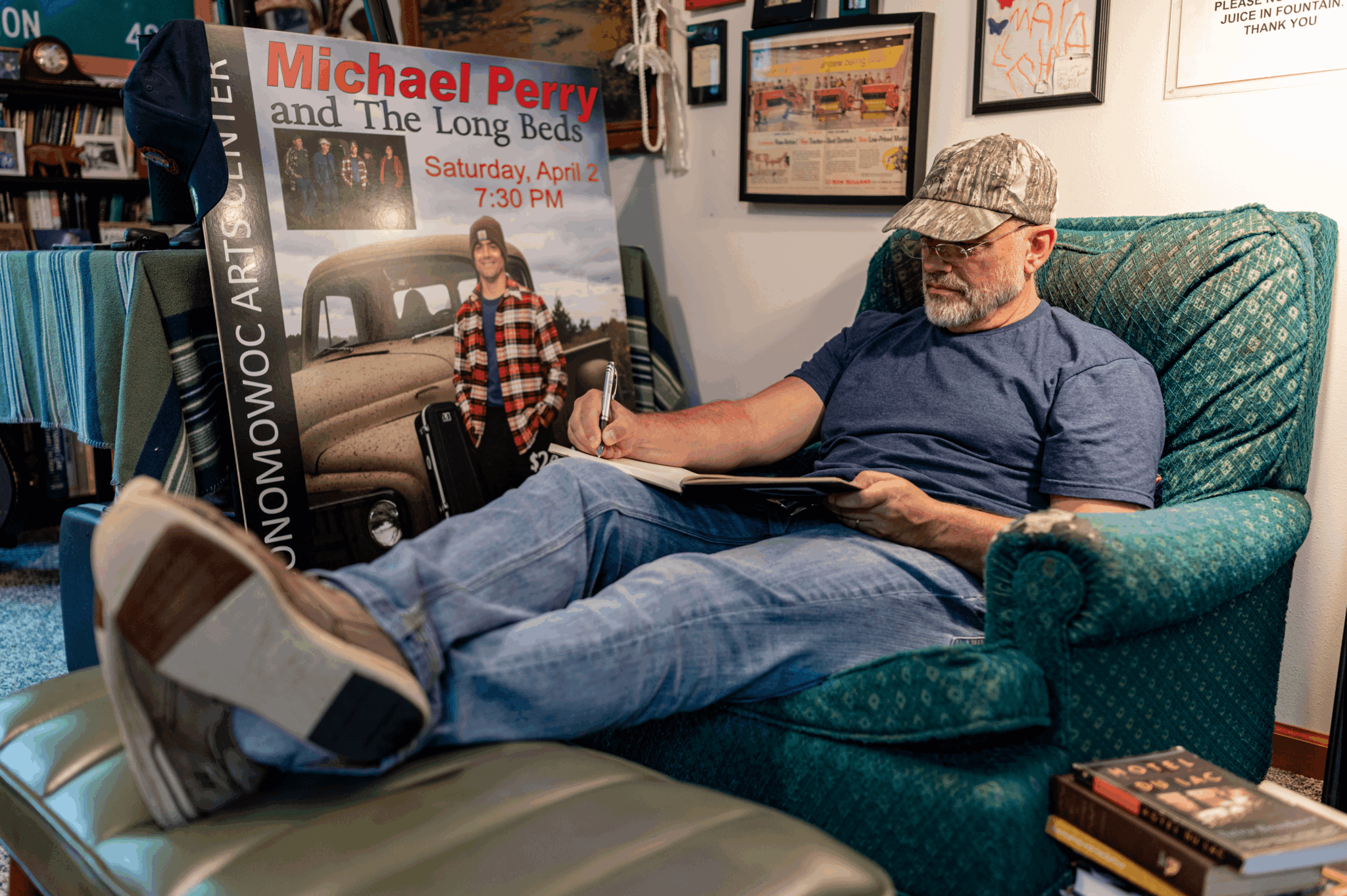
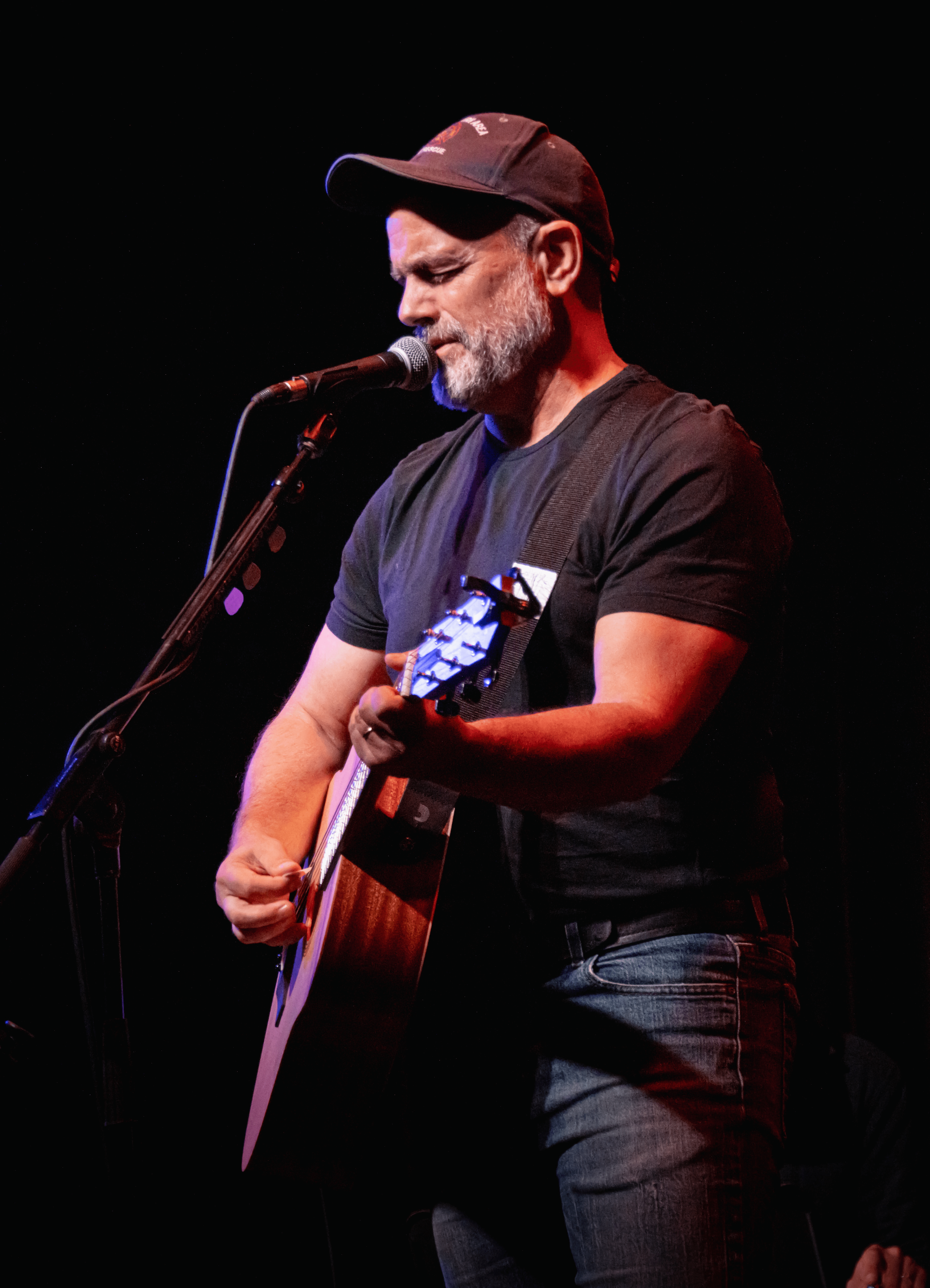
Image Credits
Lee Butterworth, Gina Nagro, Cameron Wittig, Matt Lempert


